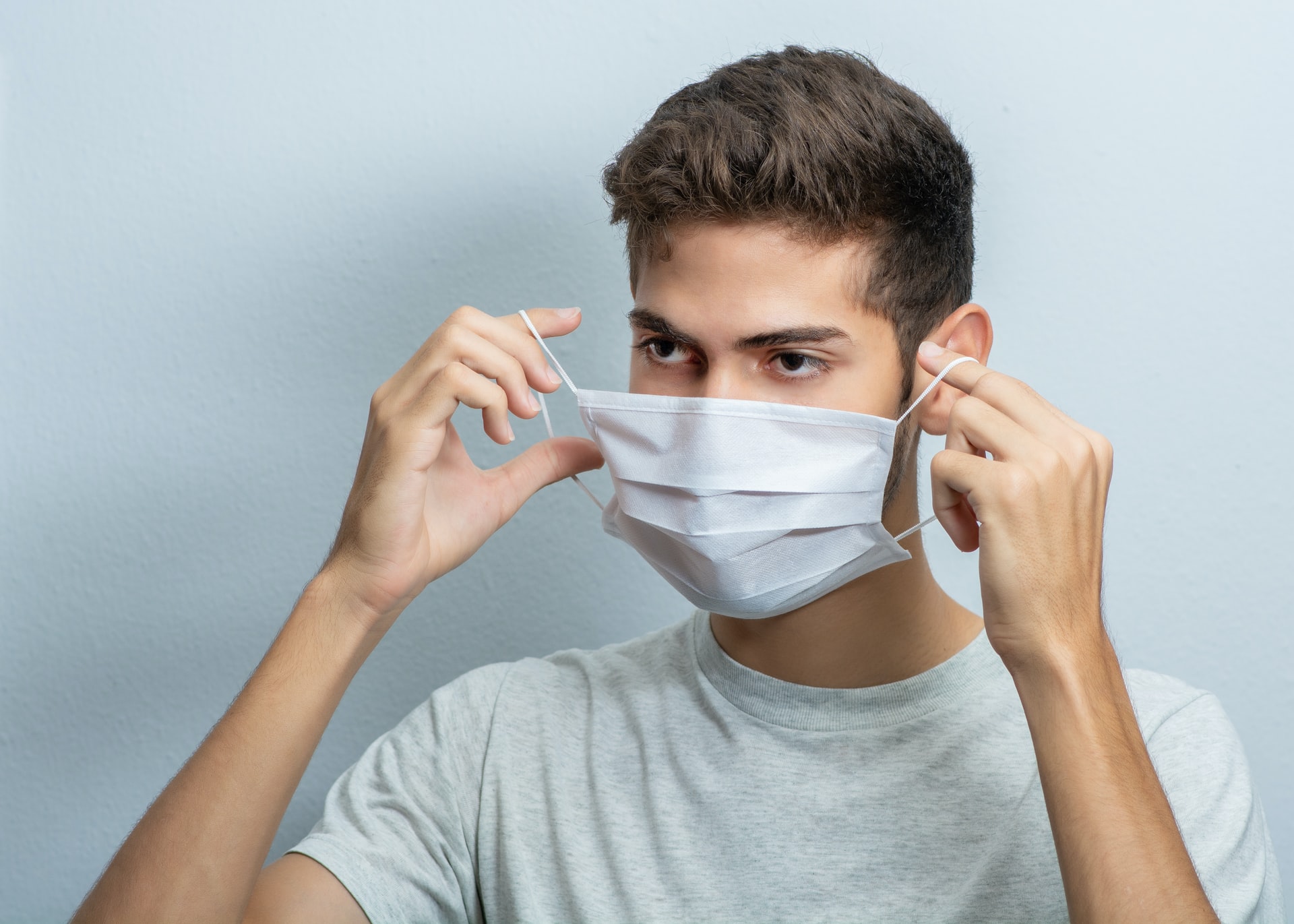The Covid 19 pandemic has affected health and daily life worldwide. Physical distancing and government-approved quarantines have forced people to accept sudden changes in their daily lives. A scientific study revealed what happens to those who take great care of themselves to avoid contagion. Among their results, they recommend creating public measures to take care of mental health.
The measures imposed by the authorities have significantly affected emotional and social behavior. Not all people develop the same behavioral responses to a pandemic, leading to differences in risk perception, impact estimation, and responses to quarantine.
“Understanding human behavior in the presence of a global pandemic is crucial for the development of adequate strategies to deal with the social burden of pandemic restrictions,” reads the study carried out by researchers working in Argentina, Chile, Colombia, Ireland , United States and United Kingdom. The results were published in the journal Humanities and Social Sciences Communications of the Nature group.
“There are people who have a high level of prosociality. It means that they have a moral that makes them adhere to the letter of the coronavirus prevention recommendations in this context of the pandemic. There are millions of people who make individual sacrifices to promote the well-being of their families and their community.”, Agustín Ibáñez, the Argentine neuroscientist who led the study, told the Infobae portal.
He added that many of these people restricted their social life to continue seeing their parents, who are from the risk group, and thus not infect them. Others decided to spend the end of the year holidays alone. Thus, Scientists questioned whether there was a cost for those who take care of themselves to avoid getting infected and affecting others.
The results
“We found that people with higher levels of empathy and higher deontological moral tendencies that favor the common good of society presented a greater acceptance of public health restrictions. But the most relevant thing is that these people overestimated their risk of contagion and perceived a more negative impact of the pandemic on their lives, on their families and on their wider community, both in the health and social spheres”, commented the doctor. Ibáñez, full professor and director of the Latin American Institute of Brain Health (BrainLat) of the Adolfo Ibáñez University, in Chile.
In addition, these people tend to have more pessimistic expectations about the economic recovery.
In analyzing the results, the scientists warn that maintaining behaviors of empathy and solidarity is positive in the short term, but can impact stress and mental health problems, such as anxiety and depression, by having them for long periods of time.
Therefore, the recommendation is that the authorities must consider measures “for the common good” and that the mental health of those who take care of themselves be taken into account and they follow the health rules with “cognitive-behavioral” therapies so that people work on the perception of risk, meditation so that people can regulate stress, says the scientist.
About the study
The study evaluated how factors related to prosociality, such as empathy, theory of mind, and moral judgment that foster social benefits, may affect adherence to norms related to the pandemic. “Risk perception and acceptance of pandemic-related restrictions are socially embedded and promoted by prosocial behaviors,” the study says.
They also evaluated the perception of the risk of contagion, the estimation of the impact of the pandemic, and adherence to confinement.
The methodology was a survey of 413 people from Colombia, of which 314 were women. None of the respondents had had Covid 19 at the time. Furthermore, it was carried out during the first stage of the pandemic, when there were massive lockdowns and a lot of uncertainty about the disease.





